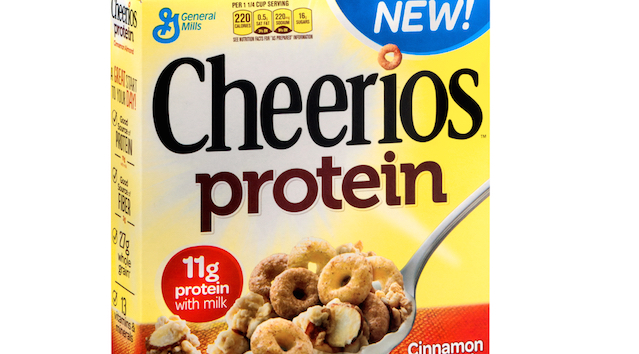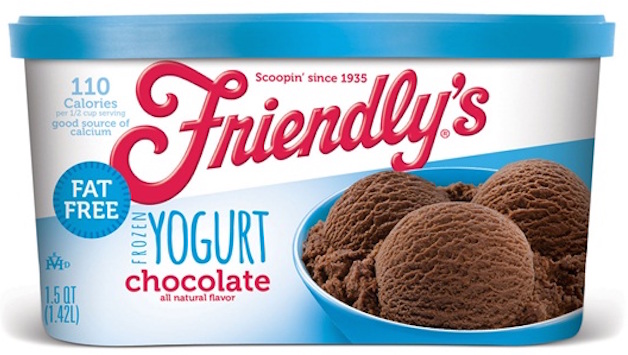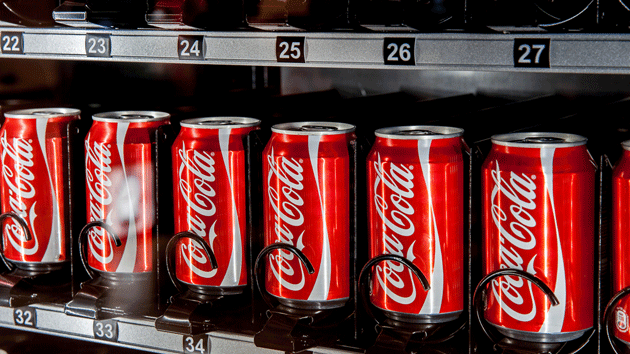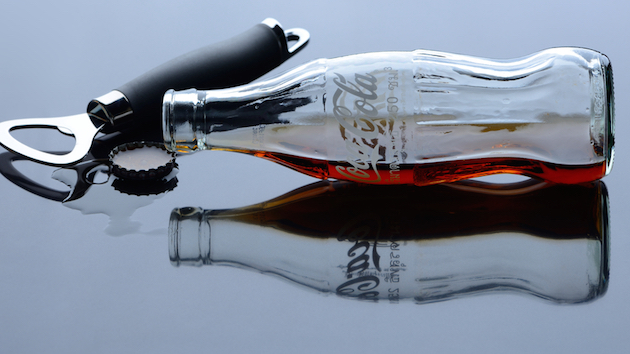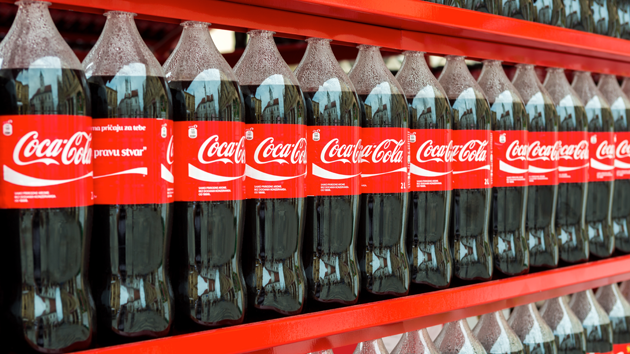
Since 2010, Coca-Cola has spent roughly $120 million on health research, and partnerships with professional organizations, and fitness programs.<a href="http://www.shutterstock.com/gallery-579421p1.html">Deymos.HR</a>/Shutterstock
Last week, the University of Colorado announced that it would return a $1 million gift from Coca-Cola—news that came after a New York Times article in August revealed that the soda company funded a group of scientists called the Global Energy Balance Network that downplayed the relationship between soda and obesity, emphasizing instead the importance of exercise.
“While the network continues to advocate for good health through a balance of healthy eating habits and exercise, the funding source has distracted attention from its worthwhile goal,” read a university statement.
The news got us wondering: What other colleges and universities have received funding from Coca-Cola—and haven’t given it back? Here’s a list of the top academic recipients, all of whom have taken more than $1.5 million from Coke since 2010. (At the bottom, you’ll find a more complete list; note that the numbers in both charts include money used for research, exercise programs, nutrition-related events, travel grants, and more at the academic institutions and foundations affiliated with them.)
The information in the charts comes from this list of Coca-Cola’s funding recipients, which the company released in the wake of the New York Times investigation. It includes universities, professional organizations, and community groups; together, they received a total of about $120 million in research and partnership funding since 2010. Since the investigation, the American Academy of Pediatrics and the Academy of Nutrition and Dietetics, which had taken $3 million and $1.7 million from Coke respectively, announced they would end their relationships with the company.
So do Coca-Cola’s donations influence university research? The scientists at the Global Energy Balance Network have consistently maintained that their findings are unbiased. “They’re not running the show,” James Hill, the president of the group, told the New York Times. “We’re running the show.”
Yet research on the outcomes of scientific studies has consistently found that industry-funded studies are far more likely to show favorable outcomes for the funder. A 2007 study in the American Journal of Public Health analyzed studies on the relationship between sugary beverage consumption and obesity, and found that industry-funded studies were far more likely to find little or no relationship between the two. “The people who take the money from industries don’t believe they’re biased,” says Kelly Brownell, a co-author of the study and the dean of the Sanford School of Public Policy at Duke University. But “the research on that is pretty clear.”
“Independent scientists may have biases of their own, but their overarching research goal is to improve public health,” wrote Marion Nestle, a public health professor at New York University, in a recent Guardian opinion piece. “In contrast, the goal of soda companies is to use research as a marketing tool.”

